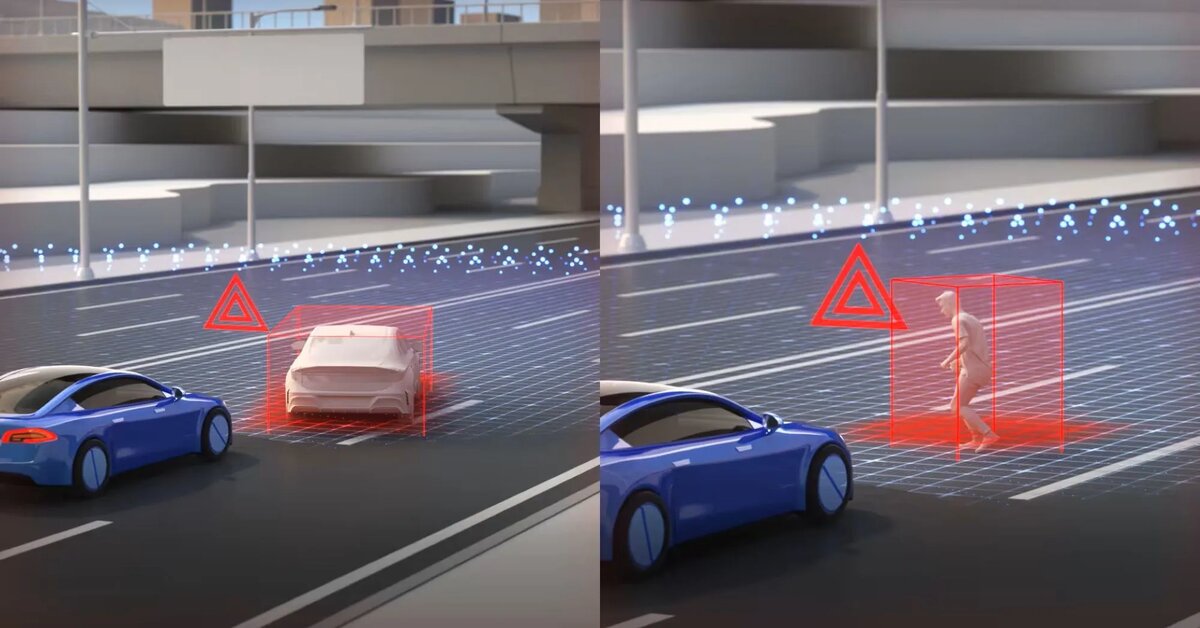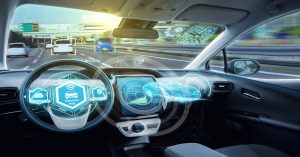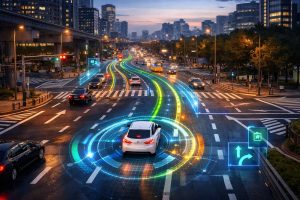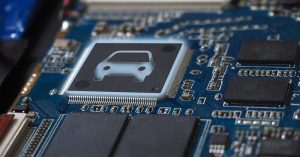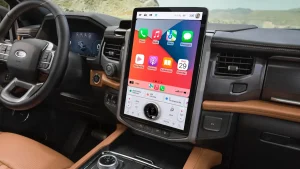Bitsensing has entered into a strategic partnership with the Autonomous Vehicles and Embedded Systems (AVE) Lab at the Korea Advanced Institute of Science and Technology (KAIST) and mobility tech company ZETA Mobility to develop and commercialize a new generation of AI-powered 4D imaging radar tailored for the automotive industry.
This trilateral agreement is aimed at combining each organization’s core capabilities to build a real-time, embedded radar solution that will significantly enhance the performance of autonomous vehicles and driver assistance systems. The partnership is formalized through a recently signed memorandum of understanding (MOU).
Under this collaboration, Bitsensing will contribute its state-of-the-art 4D imaging radar hardware platform. The AVE Lab at KAIST will focus on designing AI algorithms optimized for radar signal processing and sensor data fusion. Meanwhile, ZETA Mobility will offer large-scale datasets from real driving environments and bring in its expertise in embedded AI systems for smart mobility.
Unlike traditional radar systems that typically measure range, speed, and direction, 4D imaging radar introduces a crucial fourth dimension: elevation (the z-axis). This added capability enables the radar to capture the height of objects, which significantly improves accuracy in detecting and classifying nearby entities. This is particularly valuable in dynamic and cluttered urban environments. Additionally, 4D radar systems are known for their reliability in adverse weather conditions, including heavy rain, fog, and snow, which makes them highly suitable for real-world driving scenarios.
The collaborative project seeks to push the limits of what 4D imaging radar can achieve by embedding AI capabilities directly into radar systems. The goal is to improve object recognition accuracy and classification speed for various elements on the road such as vehicles, pedestrians, and roadside infrastructure.
Jae-Eun Lee, CEO of Bitsensing, remarked, “High-precision radar that performs reliably under all weather conditions is vital for the future of autonomous driving. This partnership allows us to combine our hardware expertise with KAIST’s AI research and ZETA Mobility’s real-world datasets, setting the stage for a new era in radar technology.”
Professor Seung-Hyun Kong of the KAIST AVE Lab added, “This collaboration brings together three organizations that hold essential technologies for advancing AI in radar systems. Our joint efforts will drive forward the development of radar-based AI models that can perform complex perception tasks with high accuracy.”
Hyunseok Lee, CEO of ZETA Mobility, also expressed his optimism about the partnership: “By combining our knowledge in embedded AI with KAIST’s algorithmic research and Bitsensing’s radar platform, we aim to overcome key technical challenges and bring world-class autonomous sensing solutions to market.”
Through this joint initiative, the three partners are positioning themselves at the forefront of innovation in autonomous mobility, with the shared goal of setting new standards in intelligent vehicle sensing.

